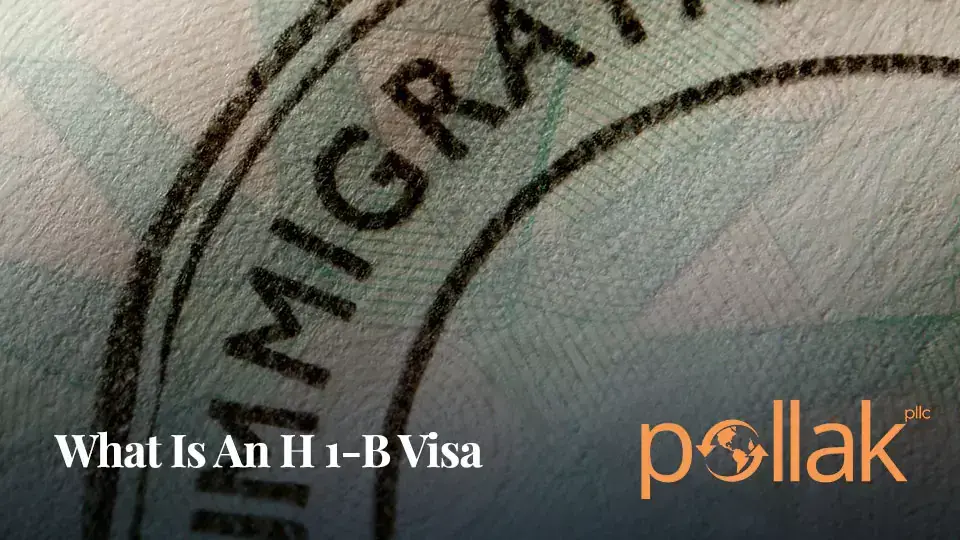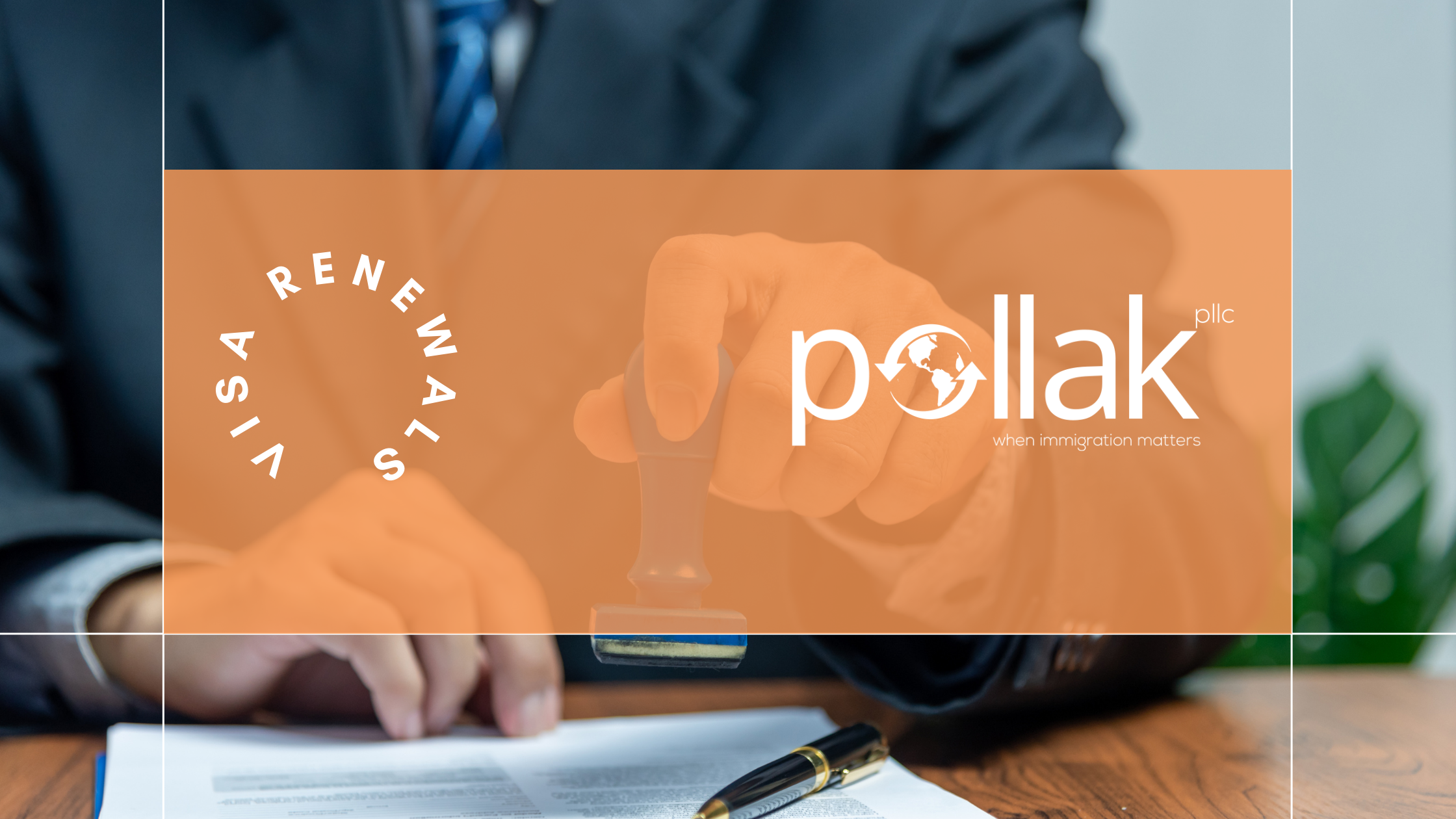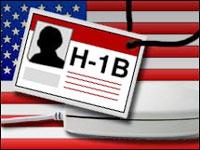On December 18, 2024, a significant shift took place in the landscape of U.S. immigration policy as the Department of Homeland Security (DHS) announced its new H-1B Modernization Rule. This landmark rule, published by the U.S. Citizenship and Immigration Services (USCIS), is set to reshape the H-1B nonimmigrant visa category substantially. While it primarily targets H-1B specialty occupation workers, its ripple effects touch various other nonimmigrant classifications, including H–2, H–3, F–1, L–1, O, P, Q–1, R–1, E–3, and TN categories. Let's delve into what this means for those navigating this complex arena.
Aims of the Modernization Rule
The DHS’s freshly minted rule aims to bring the H-1B program into the modern era. The stated objectives are to enhance efficiency, incorporate new benefits and flexibility, and bolster integrity measures within the program. These changes are designed not only to streamline processes but also to ensure the program remains robust in an ever-evolving global landscape.
Key Changes to Watch
New Form I-129 Starting January 17, 2025
The updated H-1B eligibility requirements, including a revised definition of a specialty occupation, will apply to petitions filed on or after January 17, 2025. A new Form I-129, mandatory for all filings from this date, incorporates these changes. A preview is available at the USCIS website.
A position qualifies as a "specialty occupation" if it:
- Requires theoretical and practical application of specialized knowledge.
- Necessitates at least a bachelor’s degree in a "directly related" specific specialty or its equivalent. USCIS specifically states that “if a petitioner requires attainment of a general degree without further specialization for entry into an occupation, that occupation is not eligible for H-1B “specialty occupation” classification”. For example, a requirement of a Liberal Arts or Business Administration degree without specific specializations will no longer be considered acceptable for “specialty occupation” purposes”
- Key clarifications:
- Emphasis on the "beneficiary’s actual course of study" rather than the degree title.
- "Directly related" degree fields must align logically with job duties.
- Petitioners must establish how each acceptable degree field relates to job responsibilities. When a petitioner indicates a range of qualifying degree fields is acceptable, the petitioner must establish that each acceptable field of study is “directly related” to the duties of the offered position. Each acceptable degree field must provide the body of highly specialized knowledge to be applied by a beneficiary when performing the job duties associated with the position. It will be the petitioner’s burden to establish how each field of study is in a “specific specialty” directly related to the position’s duties and responsibilities.
- "Normally requiring a Bachelor Degree is defined as "usual, typical, common, or routine," eliminating the need to prove that it is always required.
A skilled h1b visa lawyer can help employers clearly articulate these education-to-job duty alignments to minimize delays or denials.
H-1B Cap Exemptions
- Nonprofit research or governmental research organizations must demonstrate research as a "fundamental activity" rather than their "primary mission."
- Telework, remote work, or off-site jobs may qualify for cap exemptions based on job duties, not physical location.
- For ACWIA fee exemptions, nonprofits must hold IRS tax-exempt status under sections 501(c)(3), (c)(4), or (c)(6).
Employment and Third-Party Worksites
- The definition of a U.S. Employer now focuses on a bona fide job offer, removing the employer-employee relationship requirement.
- Expanded criteria:
- Employers must have a legal presence in the U.S. and a U.S. Tax ID.
- Owner-beneficiaries can petition for themselves. Allowing entrepreneurs and start-up owners access to H-1B visas is crucial for driving innovation, job creation, and economic growth in the U.S. These H1-b visas will only be valid for 18 months.
- Itinerary requirements for day-to-day assignments have been eliminated.
- Third-party staffing:
- USCIS evaluates third-party job requirements for specialty occupation classifications. If the Beneficiary will be performing work as part of the staff of the third-party, USCIS will focus on the third-party job requirements not those of the Petitioner. If the Beneficiary will be “providing services” at the third-party such as a management consultant, USCIS will focus on the petitioner’s job requirements.
- Documents such as contracts, client letters and statement of work are required to confirm bona fide job offers and educational requirements at third party work locations.
Site Visits
- USCIS expands site inspection authority:
- Inspections may occur at petitioners’ worksites, third-party locations, or even private residences if remote work is performed.
- Non-cooperation during inspections can lead to denial or revocation of petitions.
- This is significant for staffing companies that face H1-b denials or revocations if anyone in the employment chain fails to cooperate in a site visit or in providing documents in response to a request for evidence.
Amended Petitions
The Rule clarifies requirements for when to file H-1B amended petitions, essentially codifying Matter of Simeio Solutions, and incorporates DOL rules on when a new LCA is not necessary (e.g., peripatetic, short-term placements, etc.).
Deference Policy
- Codifies existing policy to defer to prior decisions unless there are material errors, changes in circumstances, or new adverse information. DHS has finally put in the regulations that they will defer to earlier determinations on issues like whether a job is a specialty occupation, or a worker has demonstrated they have suitable qualifications for the position. This deference policy reduces the risk that an immigration officer could overturn an earlier decision despite no evidence of fraud or misrepresentation.
- The burden of providing evidence to support the petition still rests on the petitioner. If the petition request exceeds the limit available, the petition will be valid for the limit available.
- Applies to all nonimmigrant classifications using Form I-129.
- The general deference policy was rescinded under the first Trump administration. The Biden administration, by codifying it now, makes it less likely to be rescinded.
Extensions of Status for H-1B, L-1, O-1, and P-1
- Supporting evidence requirements revised:
- Petition extensions are generally only allowed if the original petition remains valid.
H-1B Cap-Gap Extensions
- Cap-gap extensions now run until April 1 of the fiscal year or the approved petition start date, whichever is earlier.
H-1B Validity Period
- Validity scenarios clarified:
- If approved before the requested start date, validity begins as requested.
- If approved after the requested start date, validity begins on the decision date and ends as requested.
- If the petition request exceeds the limit available, the petition will be valid for the limit available.
- The new rule adds an additional scenario stating that when the petition is approved after the initial requested validity period, USCIS may send an RFE asking if the petitioner wants to amend the dates. If the new requested dates exceed the validity of the Labor Condition Application (LCA), the petitioner must submit a new one. This new LCA may be certified after the date the H-1B petition was filed with USCIS. The request for new dates of employment and submission of an LCA corresponding with the new dates of employment, absent other changes, will not be considered a material change. If a new validity period is not requested, or no RFE is issued or replied to, the petition will be approved for the originally requested period.
Conclusion: A Step Towards Efficiency
While the DHS’s H-1B Modernization Rule may not be a cure-all, it is a significant step towards modernizing U.S. immigration policies. By enhancing efficiency and updating eligibility criteria, it aims to better serve both the needs of the American workforce and global talent. Whether you're an employer navigating these waters or an applicant striving to secure your place, staying informed about these developments will undoubtedly serve you well.
As we approach the implementation of these changes, the importance of keeping an eye on updates and guidance from the USCIS cannot be overstated. The horizon of immigration law may be shifting, but with knowledge and preparation, the journey can be navigated with confidence and clarity.
The H-1B process is filled with uncertainties and requires careful preparation and strategic planning. Pollak PLLC provides legal support to individuals aiming to live and work in the United States, as well as to companies looking to bring employees to the U.S. For help with current requirements and timely submissions, reach out to us at (214) 305-2266.




